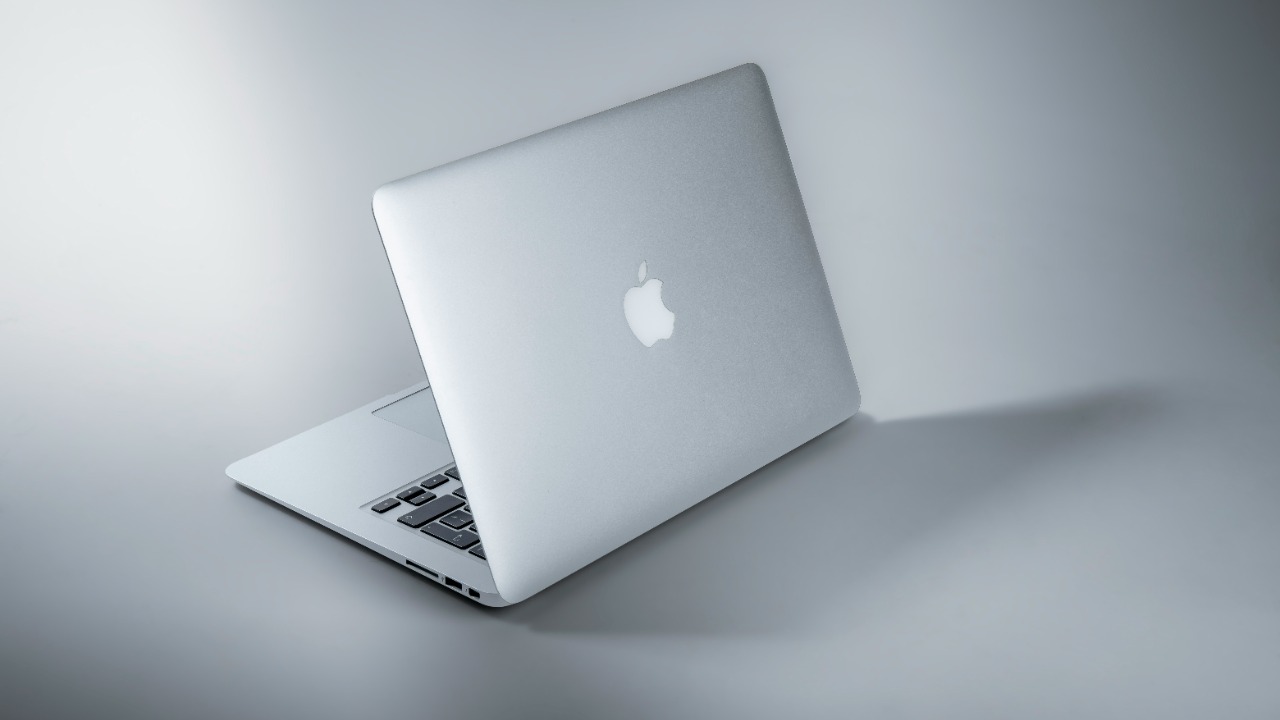
Investing in a new laptop is exciting, but keeping it running smoothly requires some attention. By taking proactive steps to maintain both the hardware and software, you can ensure your laptop’s longevity and optimal performance. Here are six effective strategies to help you get the most out of your new device.
1. Keep Your Software and Operating System Updated
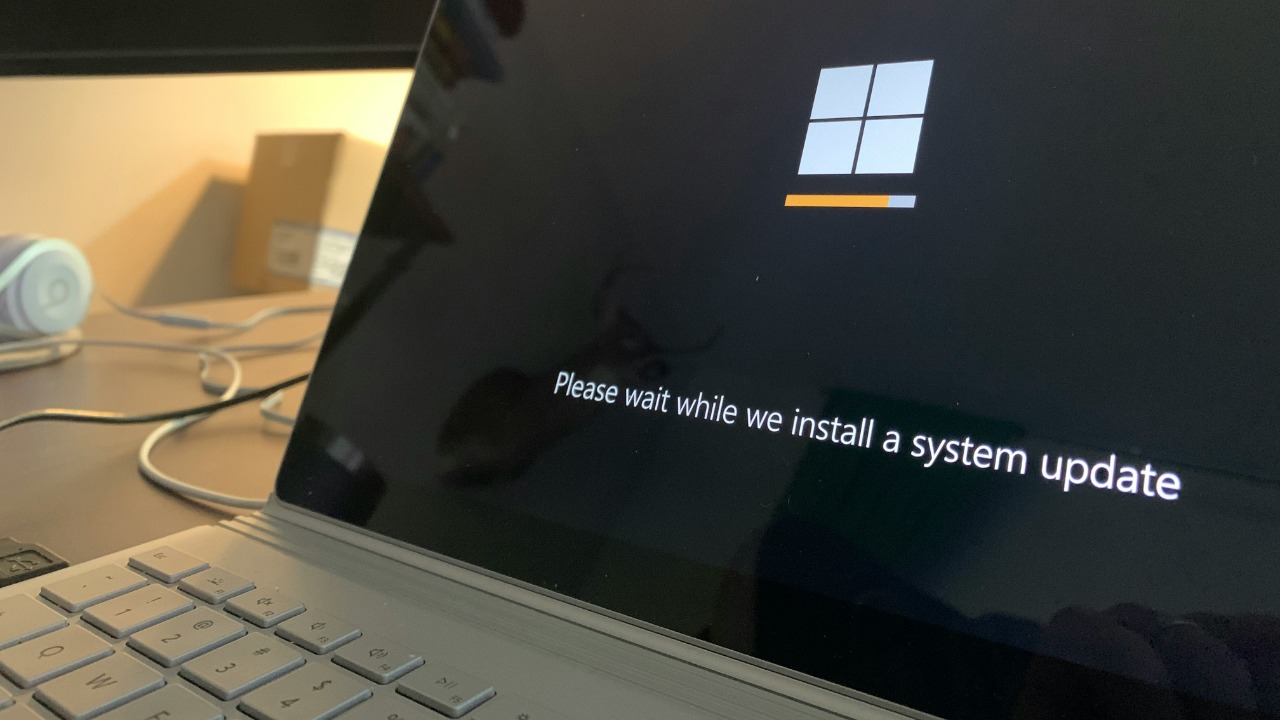
Regular updates are vital for maintaining your laptop’s security and performance. Software developers frequently release updates to patch vulnerabilities and improve functionality. By keeping your operating system and applications up to date, you protect your device from potential threats and enhance its overall efficiency. Make sure to enable automatic updates or set reminders to check for updates manually. This simple practice ensures that your laptop runs smoothly and stays protected from the latest security risks.
2. Regularly Clean and Maintain the Hardware
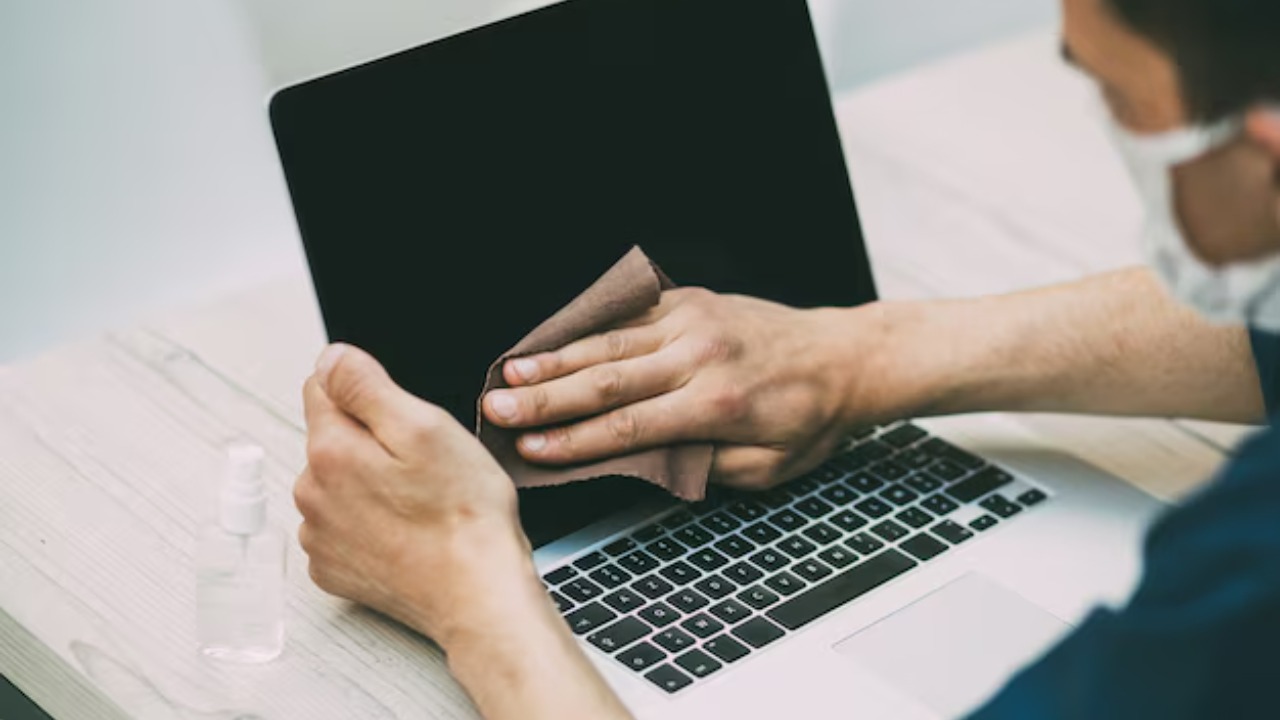
Dust and debris can accumulate in your laptop, affecting its performance and cooling efficiency. Regularly cleaning your device is essential to prevent overheating and hardware damage. Use a soft cloth to wipe down the exterior and a can of compressed air to blow out dust from the keyboard and vents. Additionally, consider investing in a laptop cooling pad to improve airflow. Keeping your hardware clean ensures that your laptop performs optimally and extends its lifespan.
3. Manage and Optimize Battery Usage
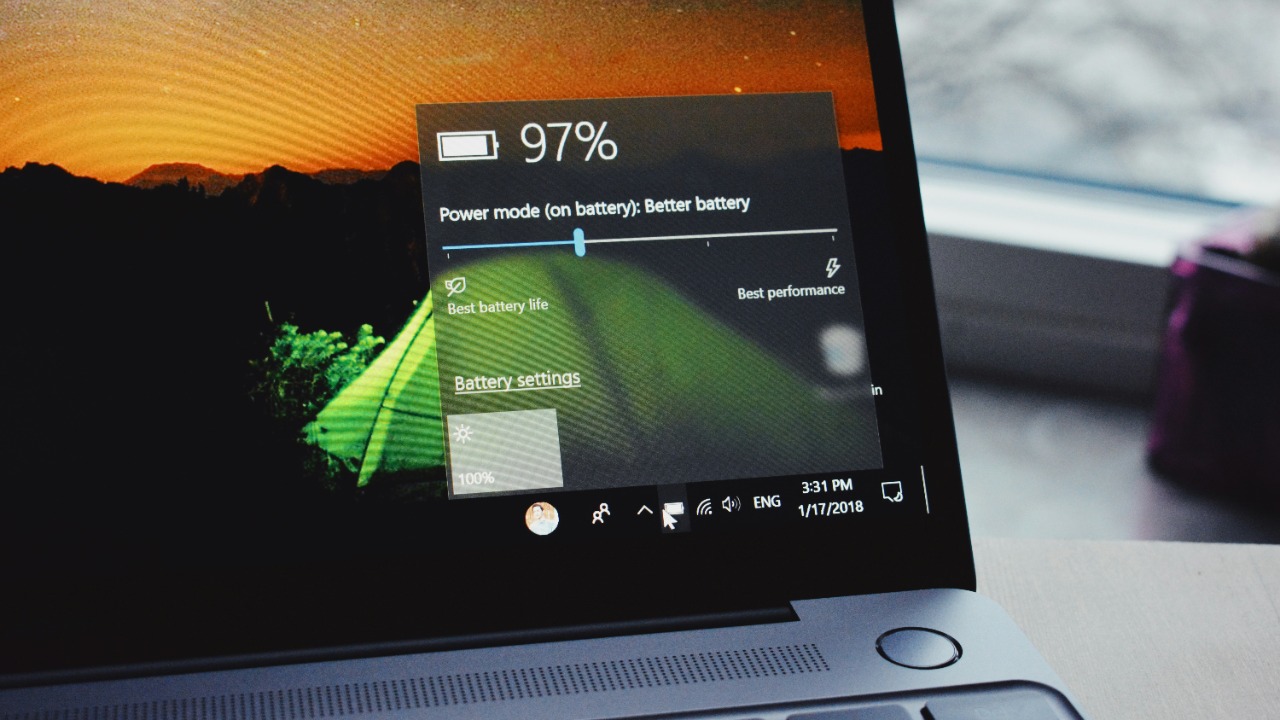
Proper battery management is crucial for maximizing your laptop’s battery life. Avoid keeping your laptop plugged in all the time, as this can degrade the battery over time. Instead, aim to keep the battery level between 20% and 80%. Use the power-saving settings to reduce energy consumption and extend battery life. For more tips on battery management, check out this Reddit discussion on laptop maintenance.
4. Use Antivirus and Anti-Malware Software
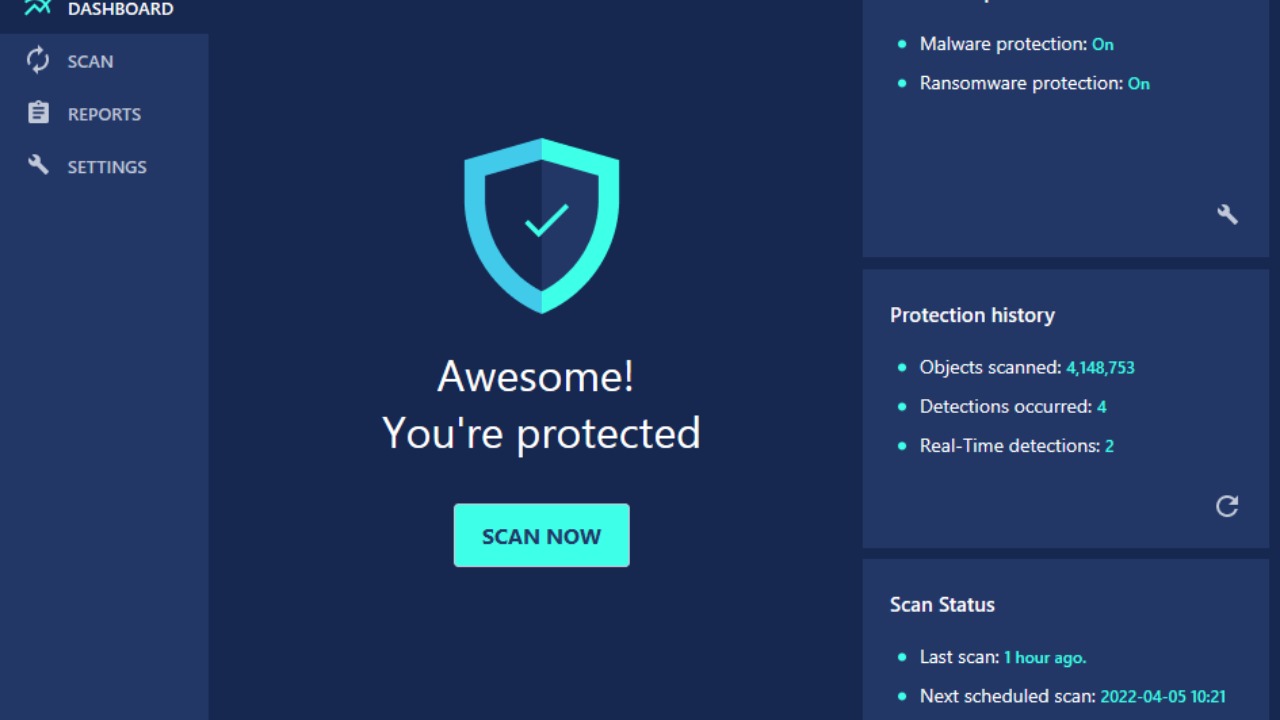
Protecting your laptop from viruses and malware is essential to maintain its performance and security. Install reliable antivirus software and run regular scans to detect and remove any threats. Malware can slow down your device, compromise your data, and even damage hardware. Keeping your antivirus software updated ensures that your laptop is protected against the latest cyber threats. Consider reading this article on computer maintenance for additional insights.
5. Organize Files and Conduct Regular Backups
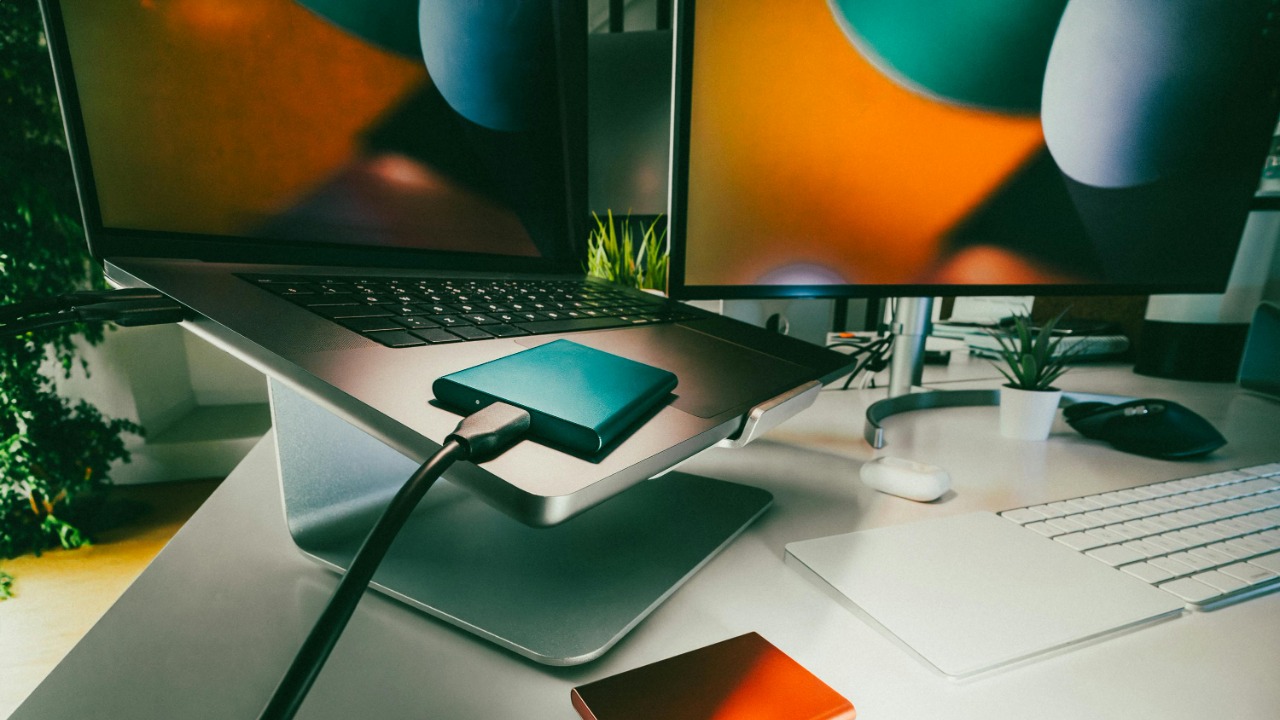
Keeping your files organized and performing regular backups can prevent data loss and improve your laptop’s performance. Regularly delete unnecessary files and organize your folders to make it easier to find what you need. Use external storage or cloud services to back up important data, ensuring that you have a copy in case of hardware failure. Regular backups protect your valuable information and keep your laptop running efficiently.
6. Monitor and Control System Performance
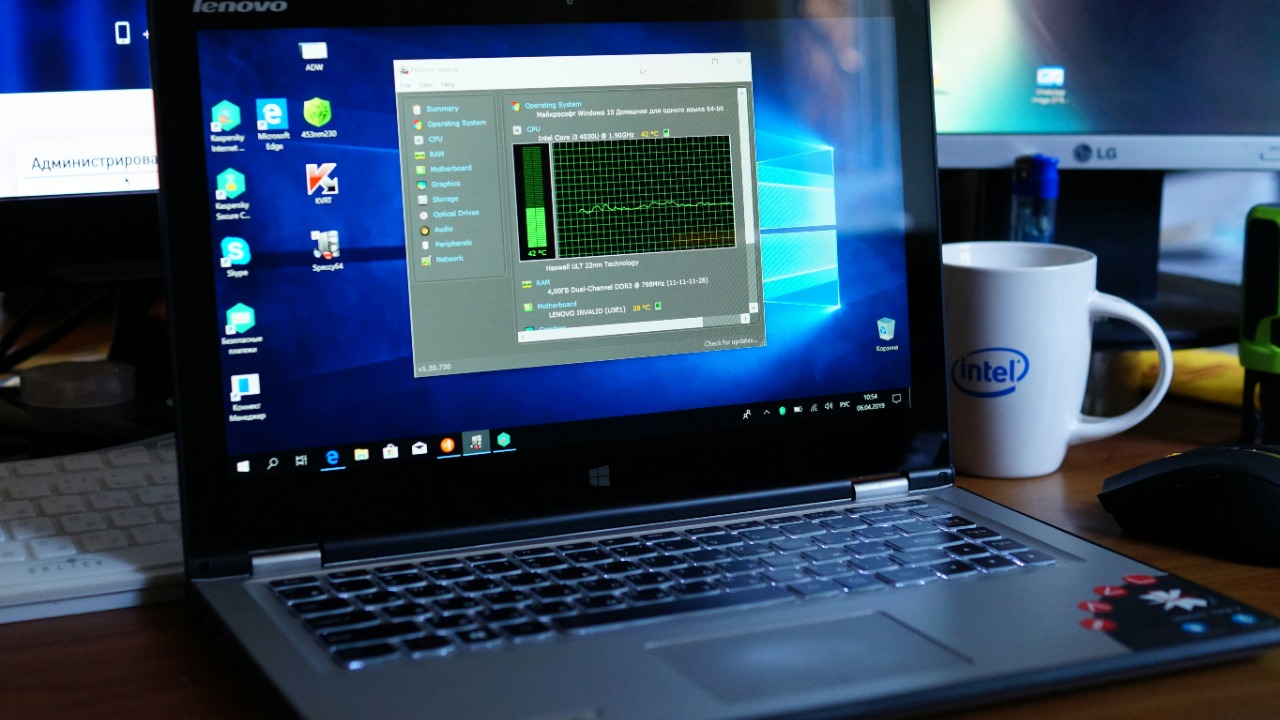
Monitoring your laptop’s performance can help you identify issues before they become serious problems. Use built-in tools or third-party software to monitor CPU usage, memory, and disk space. By keeping an eye on these metrics, you can take action to resolve performance issues promptly. For more guidance on performance monitoring, refer to this Wi-Fi extender guide from Wirecutter, which also covers general tech performance tips.